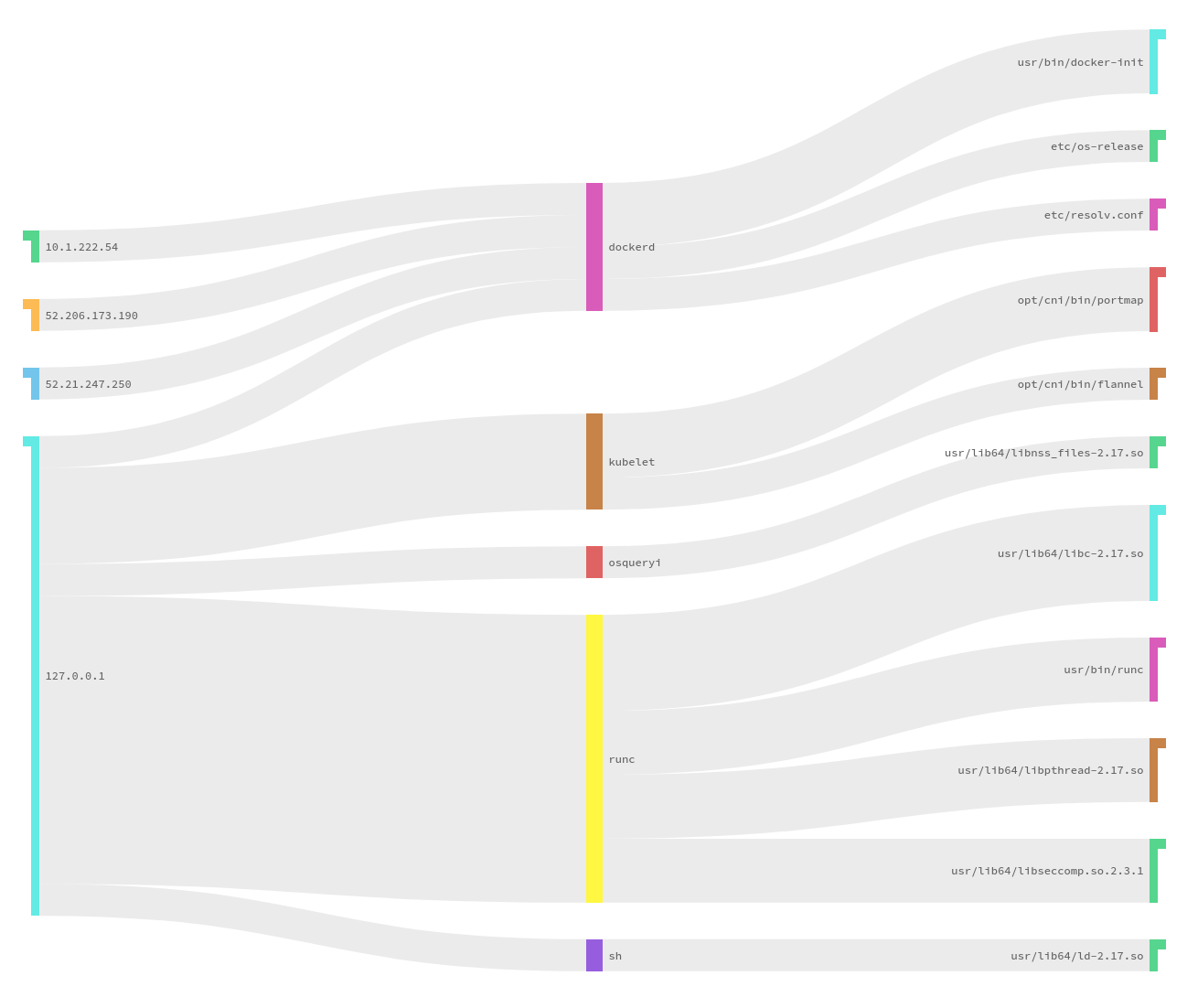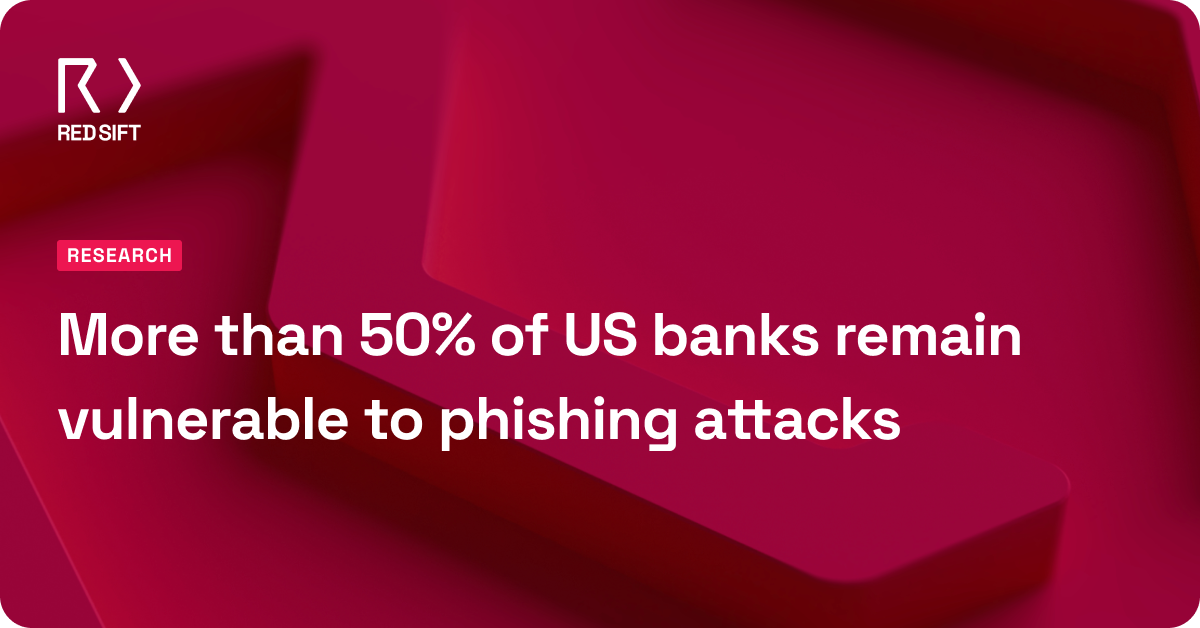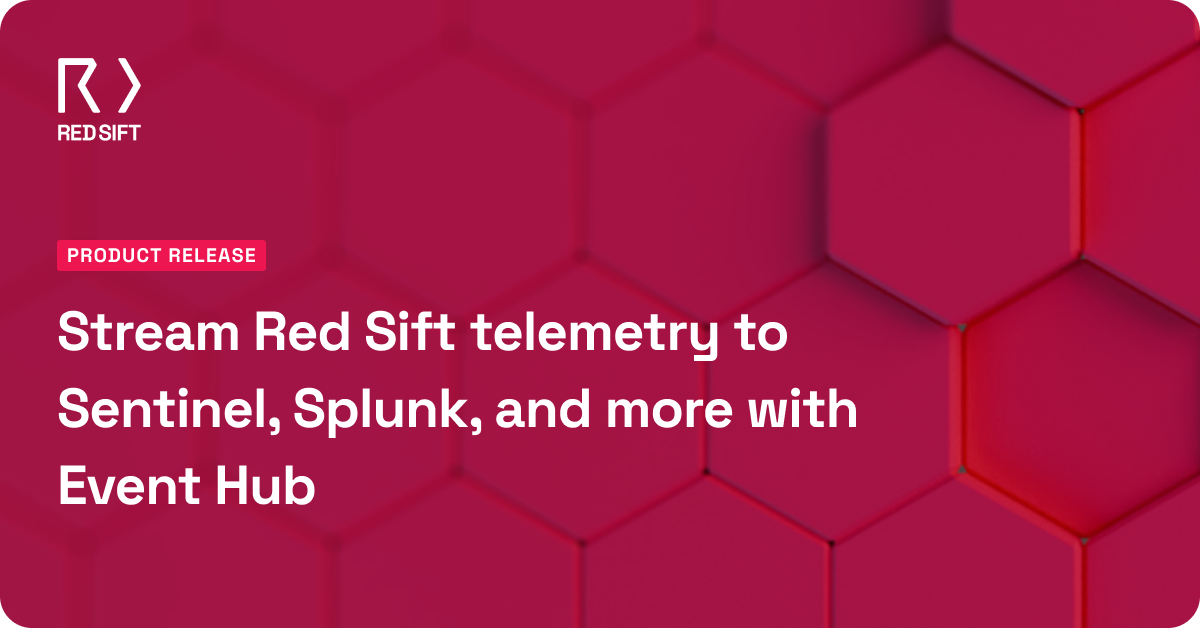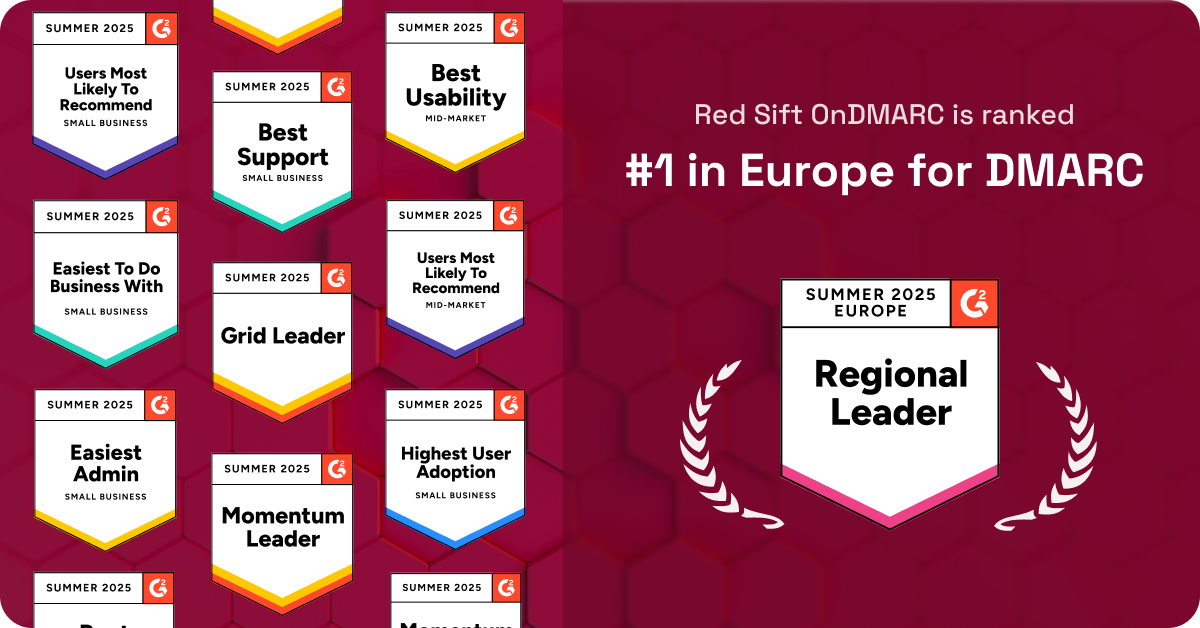Almost 2 years ago when I joined Red Sift, I kicked off development on ingraind and its core, RedBPF, with the goal of building a better kind of security agent to monitor file access, network traffic, and DNS queries in our infrastructure. We have shared our journey on this blog, and received a lot of helpful input from the Rust and Linux kernel community during this time.
Just under 1000 git commits later in the two repositories combined, we are happy to announce version 1.0.
Of course, we are actively dogfooding ingraind ourselves, and running it in our production system. Combined with our data processing backend, the data collected by ingraind is extremely helpful to resolve issues with the help of great visualisations.

However, the full list of operating systems ingraind supports has grown to support main cloud providers out of the box, making sure you can get it running in Google and AWS Kubernetes deployments quickly.
RedBPF behind ingraind
A lot of effort went into creating an efficient toolchain to run Rust eBPF programs in the kernel by the amazing Alessandro Decina. We have removed all C code from the ingraind sources and exclusively rely on our own idiomatic Rust library, RedBPF.
We introduced the cargo bpf tool to help build new monitoring modules so that extending ingraind is easy and safe for most programmers even with only superficial knowledge of Rust. If you need to hook a specific system call or kernel function, you can easily do that and incorporate it into your own deployment. An extensive documentation will also help you get there.
On top of this, Alessandro dived into LLVM to figure out a reliable way to unroll large loops, an important part of making eBPF programming easier, where loops don’t exist. In order to support code that panics, such as boundary checks when indexing arrays or accessing kernel memory using slices, we transform the LLVM bitcode to inline panic handlers which are normally annotated with #[never(inline)].
To make Rust programs more comfortable to write, we also generate bindings for kernel structures, so some of the convenient preprocessor-generated accessors that are available in C is turned into simple function calls in Rust.
I also want to thank all our external contributors for the amazing feedback that helped push ingraind and RedBPF to where they are now.
The entire team at Red Sift are really excited to publish the new website for the project, ingraind.org. It collects all the documentation and resources that you need to get started on working with
ingraind.
To learn more about eBPF and systems monitoring in Rust, head over to ingraind.org, or the GitHub repositories for ingraind and RedBPF. We’d love to hear about your experience!






